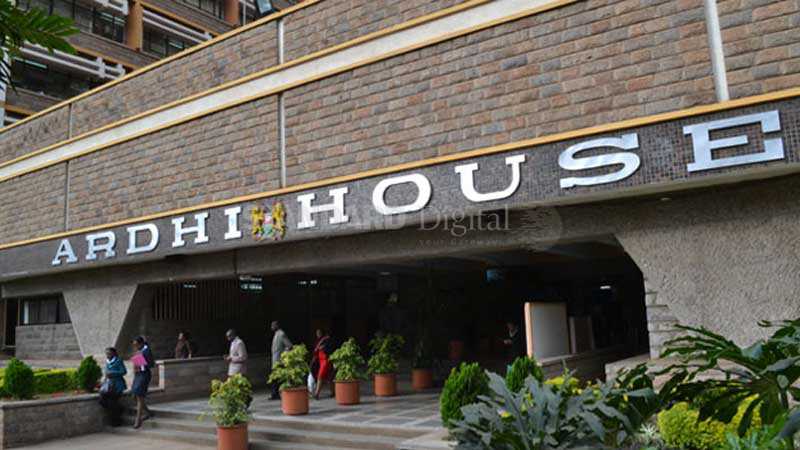×
The Standard e-Paper
Fearless, Trusted News

The Law Society of Kenya has argued that the digitisation by the lands ministry cannot be implemented as there are no rules in place on how conveyancing will be conducted online.
The lawyers' lobby was initially opposed to the move and but two weeks ago two teams led Lands Cabinet Secretary Farida Karoney and LSK President Allen Gichuhi jointly told Kenyans that they had reached a consensus and digitisation would proceed.